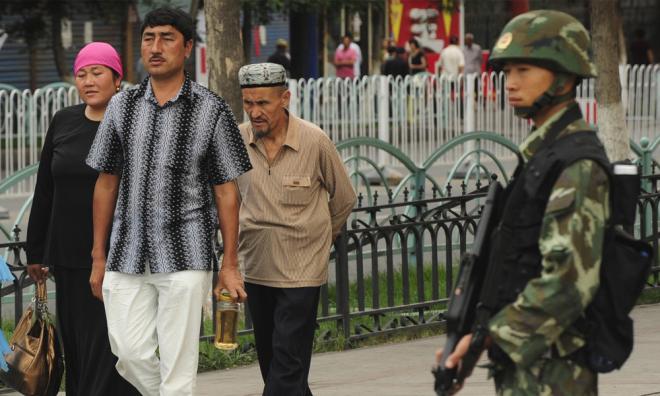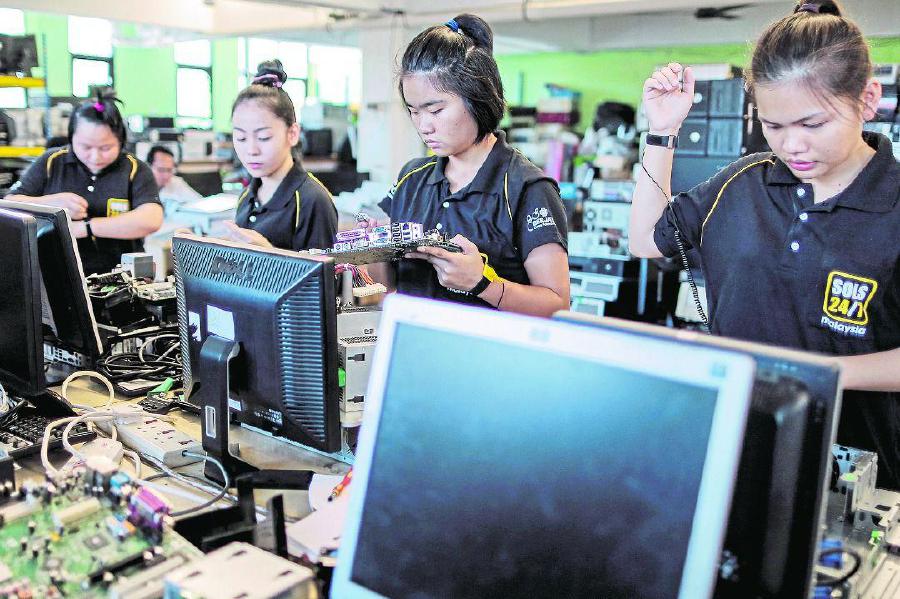
Published by Malay Mail, Malaysiakini, Sin Chew & New Straits Times, image from Malaysiakini.
Malaysia is a friend of China. All the stories that Malaysia was the first country from South-east Asia to recognise China, more precisely the People’s Republic of China, as early as 1973 are true.
In contrast, South Korea established its full diplomatic relationship with China only after the end of the Cold War in 1992.
As for the Association of South-east Asian Nations (Asean), of which Malaysia is a founder on August 8 1967, the entity went one step further to convene the Asean Regional Forum in 1994, which invariably included all the great powers, especially the United States, Russia and China too.
China’s excellent diplomatic behaviour included the ascension to many international instruments to curtain the spread of chemical, biological and radiological weapons (CBRN).
But since the September 11 attacks of 2001, China has acknowledged the problem of “catastrophic terrorism” too, a word coined by Ashton Carter, a former US Secretary of Defence who is a professor of political science at the Kennedy School of Government.
Whereas the US does have a problem with Guatanomo Bay, where suspected terrorists are detained, usually without due process of the US law, the US detention orders are subjected to legal challenge.
Had President Barack Obama been more decisive — he wasn’t — Guatanamo detention centre would be abolished by now. President Donal Trump with something in the region of 72 days left in his tenure before he is expected to be widely defeated on November 3 2020, opted to keep it, however.
Come what may, the issue is not over one prison centre over another. It is about policy. In the case of China, leaked China Cables to the International Consortium of Investigative Journalism, no doubt a respectable body with some 289 of the best journalists on board, are beginning to discern a wide scale crack down of the Uyghur Muslims, often on the most frivolous reasons, such as having a WhatsApp App installed on one’s phone, travelling to Haj, or, making calls and visits to their relatives in Istanbul, for that matter, the Muslim world ; which is comprised of 57 countries.
Due to Sino-US tensions, and Sino-India spat, any through journalistic accounts of these reporters on the problems of China’s blanket crack down on Uygur Muslims, especially Kashgar, have been dismissed as “fake news,” or “propaganda.”
This has created a serious conundrum. China is in deep, and serious denial, that it is in contravention of the Geneva Convention. Indeed, scholars such as Dr Andrian Zenz, a German scholar who is an expert on Tibet, and now Xinjiang too, has found more and more evidence of forced sterilisation of the female Uyghur Muslims incarcerated in the detention camps.
Such a policy verges on sheer cultural genocide, we the right to have one’s next generation is denied.
To be sure, students who returned from Istanbul, or, any Islamic colleges/universities abroad, would also have their passports confiscated and sent to what Chinese Communist Party called the “reeducation” camp.
Granted that China’s Belt and Road Initiative involves 67 countries, of which 30 of them are predominantly Muslim, it is high time that China examine its gross mistreatment of the Uyghur Muslims.
They should focus on winning their hearts and minds. Not by sending people into camps, to be “brainwashed” into party loving members. The number of prisoners now hover between one and two million people out of 12 million indigenous people in Xinjiang.
But regardless how one sees it, this is not a “policy” but a blunt political instrument akin to using the hammer to kill a fly, ethnic and cultural cleansing. China must stop this. The world must ensure China stops this.
Dr. Rais Hussin is President & CEO of EMIR Research, an independent think tank focused on strategic policy recommendations based on rigorous research.

